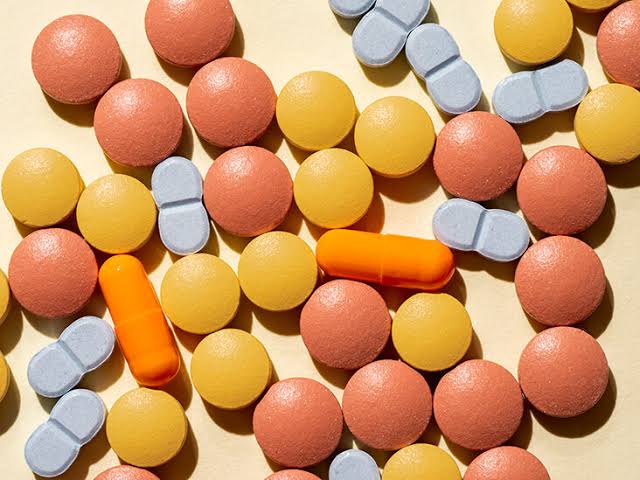
Lithium is a type of mineral that is ingested in the daily diet, especially in grains and vegetables, and is used in nutritional supplements in small doses.
It is one of the important and necessary minerals for building the human body and supplying it with the necessary energy, in addition to its important role in the development of the fetus in the pregnant woman.
In this article, each of the uses, sources, and effects of lithium in the human body will be discussed
uses of lithium
Some people use lithium-containing supplements to treat alcohol use disorder, Alzheimer’s disease, depression, and many other conditions, as it is an influence on psychological stability.
In addition to its use in the treatment of manic episodes and in, it works to reduce the intensity of a manic episode by reducing abnormal brain activity as it affects sodium channels in muscles and nerve cells.
It also contributes to the treatment of blood disorders, liver disorders and kidney disorders.
Sources of the element lithium 1. Grains and vegetables
The most lithium-containing vegetables are tomatoes, cabbage, and potatoes, and the most lithium-containing grains are coriander seeds, cumin seeds, and nuts, which are a rich source of lithium.
2. Animal source
Lithium is found in both fish and beef products such as dairy, cheese, and meat.
3. Soil and water
Lithium is naturally found in the soil, where it is absorbed by plants and then consumed by humans.
It is also found in surface waters at a rate of 1-10 µg/L and marine waters contain lithium at a rate of 0.18 µg/L.
4. Dietary supplements and medicines
Supplements and medicines containing lithium are available in pharmacies and are not sold without a prescription, as they are available in the form of liquid solutions and capsules.
You should be aware of the need to consult a doctor before starting use.
Side effects of lithium use Feeling thirsty frequent urination Diarrhea Fainting Nausea Slow heartbeat Fatigue Weakness Weight gain Warnings when using the drug without consulting the doctor The drug should not be stopped. When taking an overdose, you must go immediately to the emergency room. Do not use it in pregnant and breastfeeding women except in rare cases determined by the specialist doctor.






